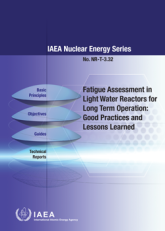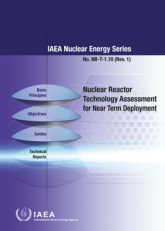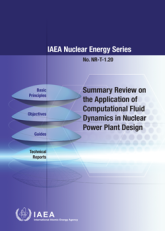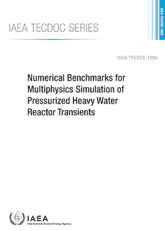Orders and requests for information may also be addressed to:
Publishing Section
International Atomic Energy Agency
Vienna International Centre
PO Box 100, A-1400 Vienna,
Austria
Tel.: +43 1 2600 22529, +43 1 2600 22530
Email: sales.publications@iaea.org





















